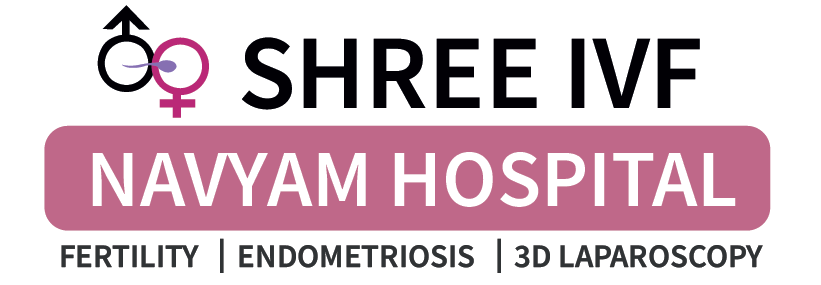
- Intralipid infusions are becoming more common in fertility treatments across India. They are often recommended for patients who have had a failed IVF cycle.
- The primary idea is that intralipid infusions might help reduce the activity of natural killer (NK) cells in the uterus, which could improve the chances of embryo implantation. However, the exact way these infusions work is still not fully understood.
Dr. Ramswaroop Kumhar Sir Insights
Dr. Ramswaroop Kumhar Sir, a leading fertility specialist in India, advises caution when using intralipid infusions. He highlights that while they are widely used, their real benefit appears only in select cases. Dr. Mehta emphasizes the importance of careful evaluation before deciding on this treatment, as unnecessary use without a clear medical basis may not be effective.
Are Intralipid Infusions Helpful for Everyone?
Not every patient who has had a failed IVF cycle will benefit from intralipid infusions. It’s essential to carefully assess the patient’s condition and the underlying reasons for fertility challenges before considering this option.
Who Can Benefit from Intralipid Therapy?
Intralipid infusions may be helpful for:
- Women with Recurrent Implantation Failure: Especially when there is evidence of high NK cell activity or suspected immune-related implantation issues.
- Patients with Unexplained Infertility: In cases where no clear cause of infertility has been identified despite thorough testing.
- Patients with a History of Miscarriage: Particularly when immune factors are suspected to play a role in pregnancy loss.
- Women with Autoimmune Conditions: Conditions like antiphospholipid syndrome where immune modulation might support successful implantation.
When Are Intralipid Infusions Effective?
Here are some situations where Intralipid infusions might be beneficial:
Healthy Pelvic Condition:
The pelvis should be free of issues like fibroids, adenomyosis, endometriosis, or uterine polyps. These conditions can lower the success rate, and they should be treated first. Unfortunately, many patients in India receive intralipid infusions despite having severe conditions like adenomyosis, which reduces the effectiveness.
Genetically Normal Embryos (Euploid Embryos):
This therapy works best when the embryo is genetically normal. Immunomodulatory treatments don’t usually help unless genetic testing confirms the embryo’s quality.
Using Own Eggs and Sperm:
Couples who use their eggs and sperm (not donor material) are more likely to benefit from intralipid infusions, as compatibility is more predictable.
No Chronic Endometritis:
The uterus should be free from chronic endometritis. A hysteroscopy and MUM-1 biopsy can confirm this. Addressing endometritis before treatment is crucial.
Lack of Standard Protocol:
There is no universally accepted way to give intralipid infusions. The timing and dosage often vary from one clinic to another.
Cost of Intralipid Infusion in Jaipur , Rajasthan . India
The cost of intralipid infusion in India can vary based on the clinic and location. On average, a single infusion can cost between INR 5,000 to INR 20,000. Since multiple infusions may be required during an IVF cycle, patients should discuss the overall cost with their fertility specialist.
How Are Intralipid Infusions Given?
If deemed suitable, intralipid infusions are administered as follows:
- Hospitalization: The patient is admitted to monitor the infusion process.
- IV Access: A large-bore cannula is placed to deliver the infusion.
- Infusion Procedure: The solution, usually diluted in 500 mL of saline, is given slowly over three hours.
- Timing: One dose on embryo transfer day and another five days before. If pregnancy is confirmed, another dose is given before detecting the baby’s heartbeat.
- Avoiding Other Immunosuppressants: No additional immunomodulatory drugs like steroids or Tacrolimus are used to prevent complications.
Key Takeaways
Intralipid infusions can be a cost-effective addition to fertility treatments when used correctly. However, they should not be given without a clear medical reason. Patients should discuss the pros and cons with a specialist, especially when considering this treatment after a single failed IVF cycle.
Final Thoughts
If you are considering Intralipid infusions, make sure to consult a fertility expert who can evaluate your specific situation. Blindly following trends without expert advice may not lead to the desired outcome. At our Navyam Hospital and Shree IVF Clinic DR. Ramswaroop Kumhar Sir . and team emphasize the importance of personalized care and evidence-based treatment plans.


